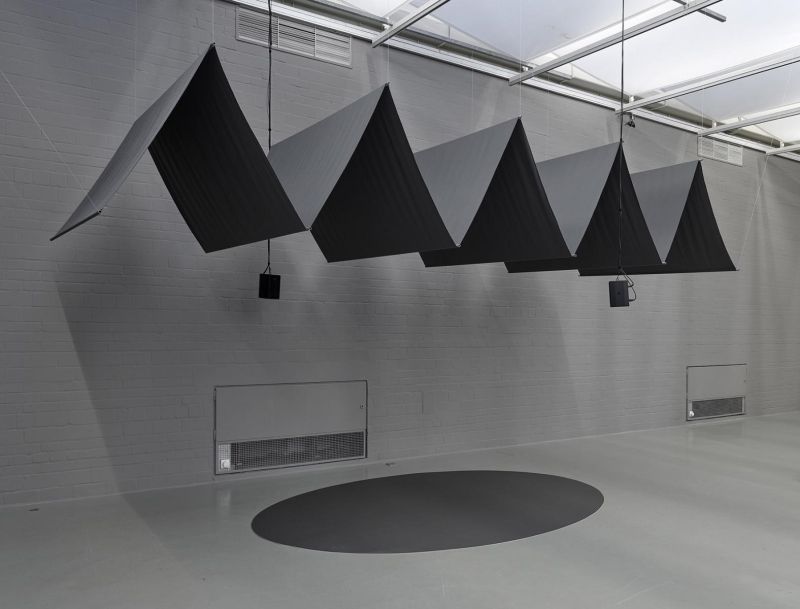Changes in the Ocean. On the Art of Agata Madejska
Mediathek Sorted
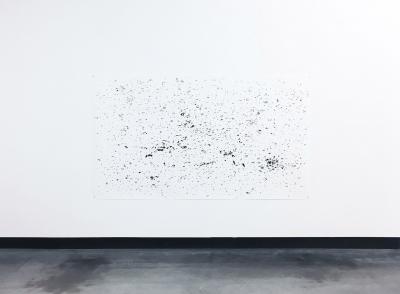
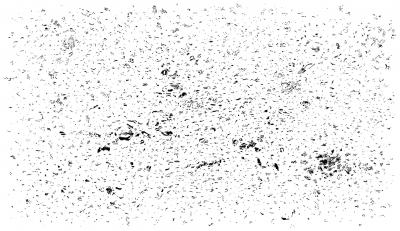
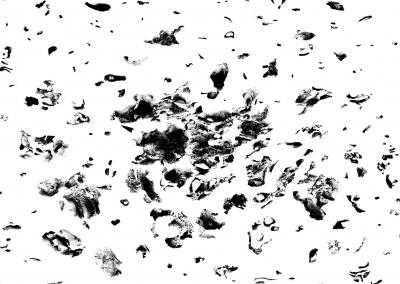
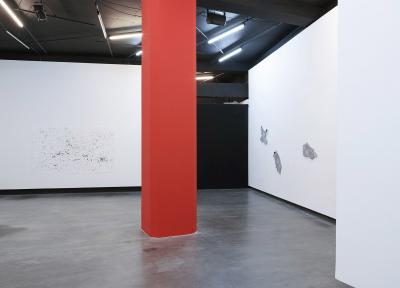
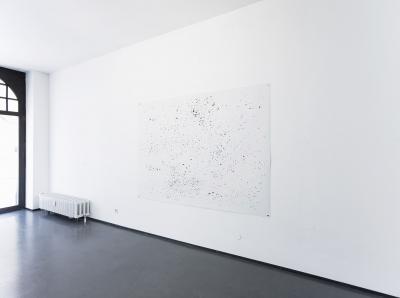
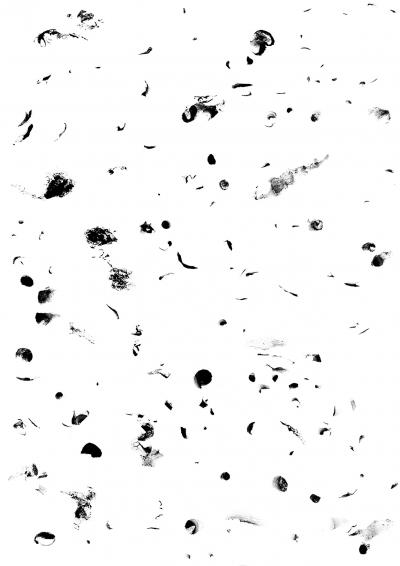
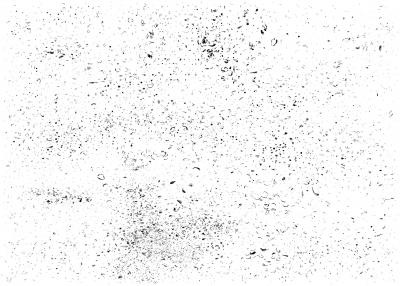
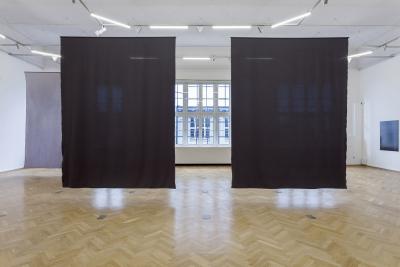
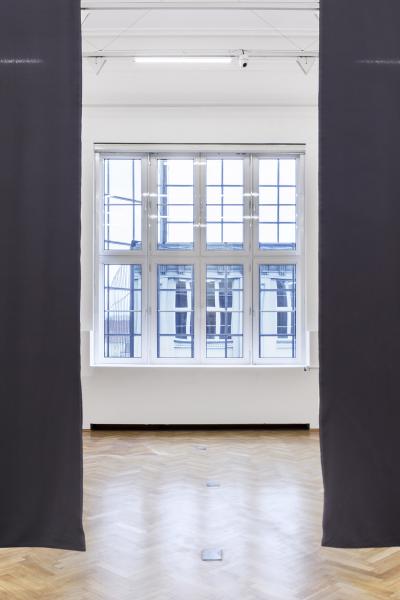
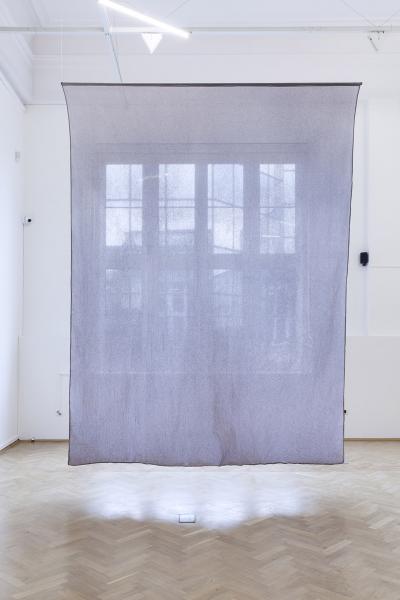
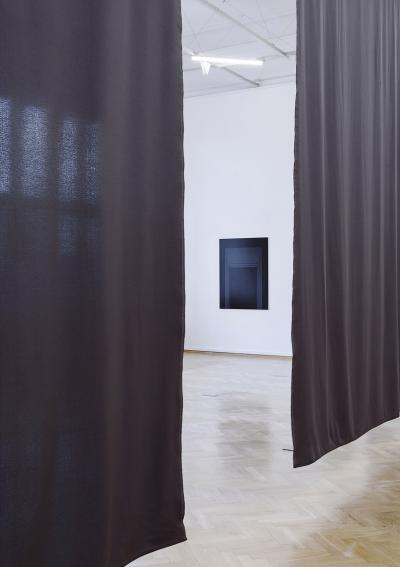
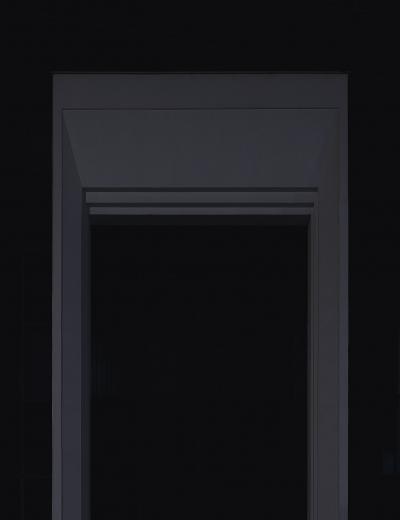
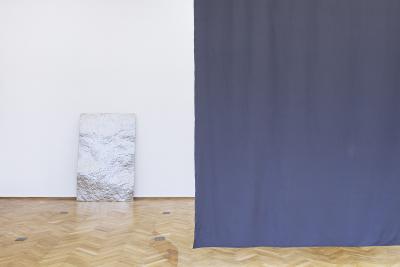
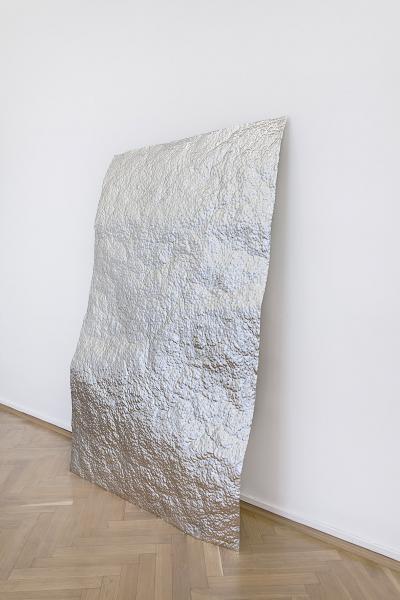
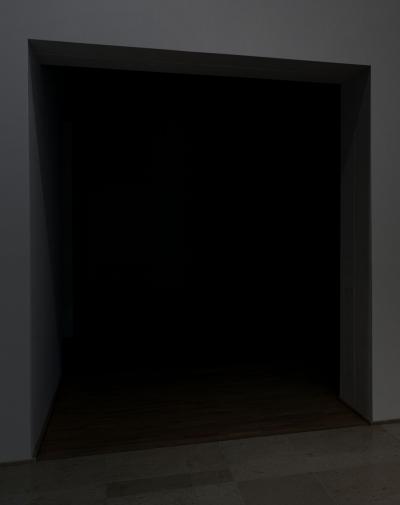
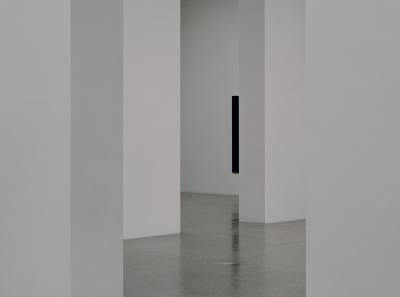
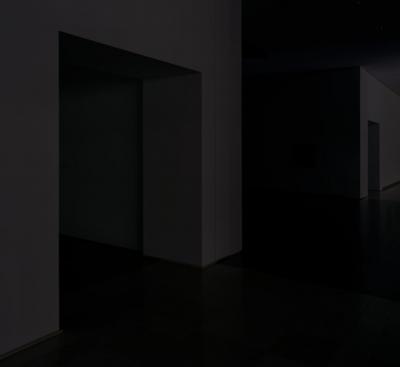
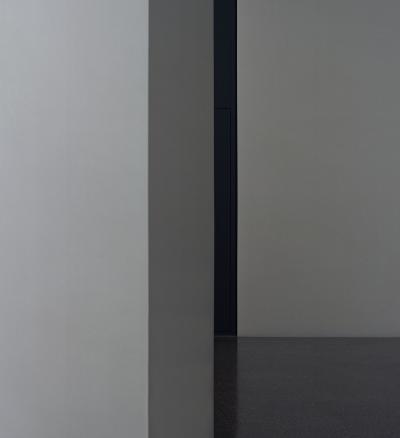
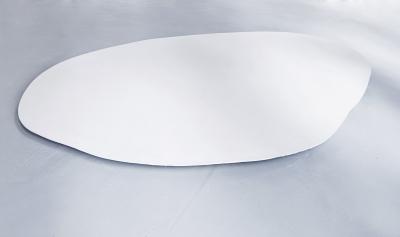
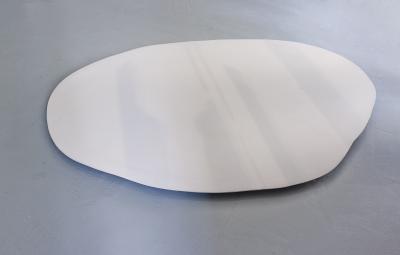
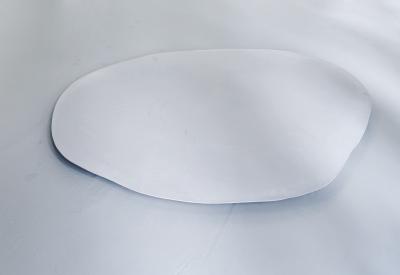
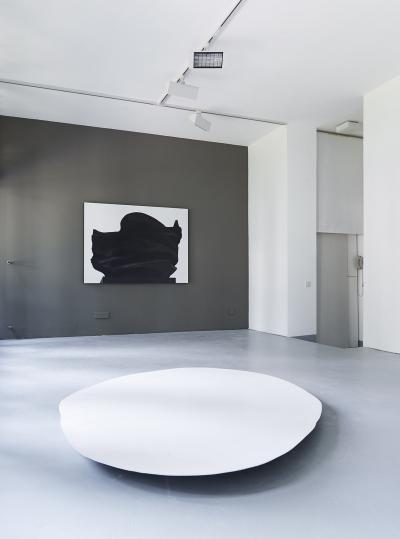
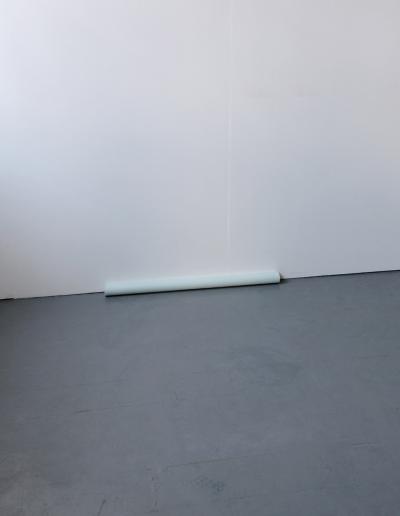
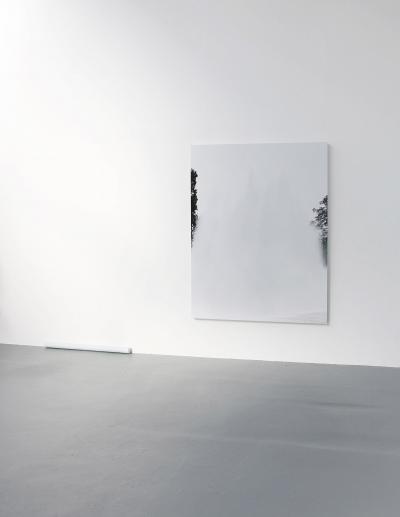
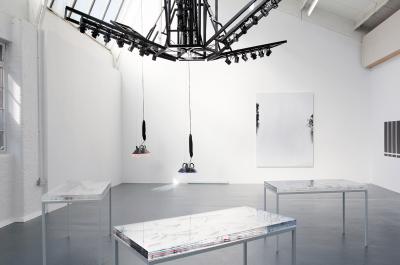
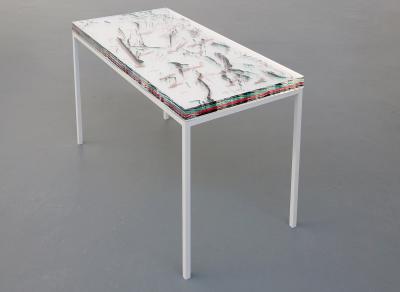
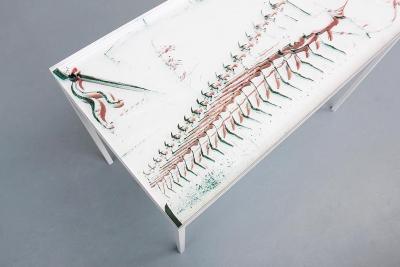
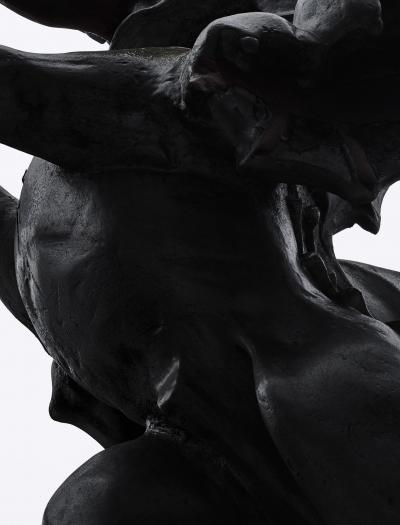
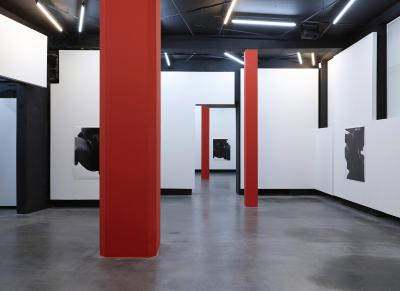
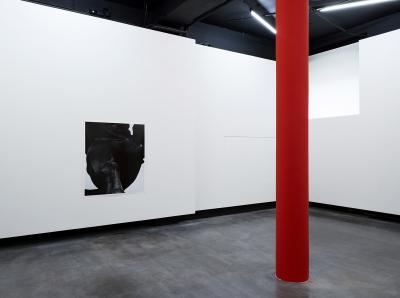
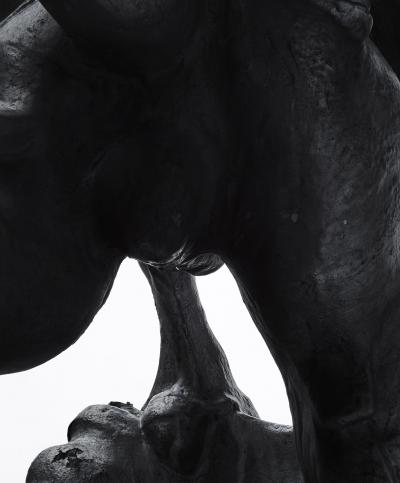
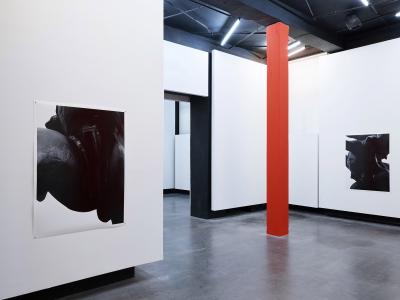
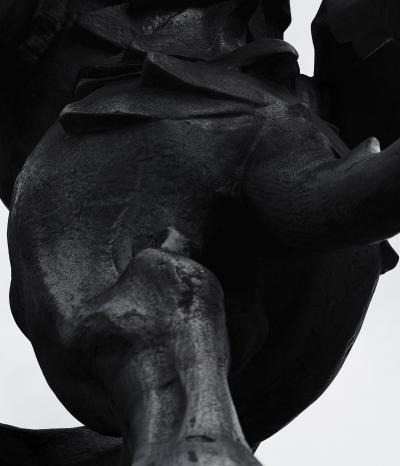
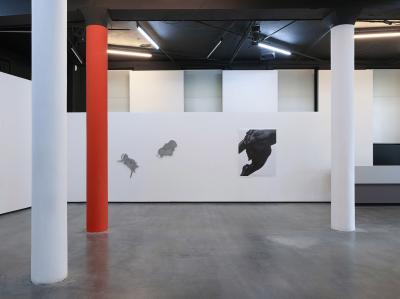
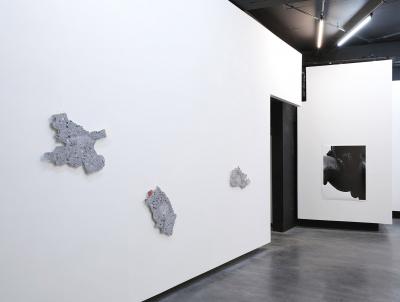
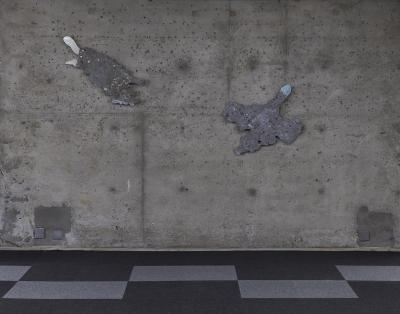
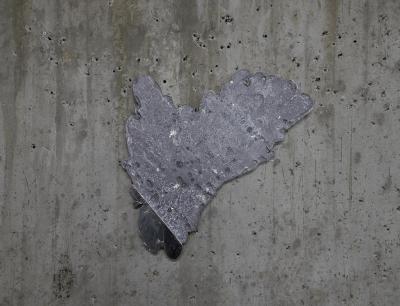
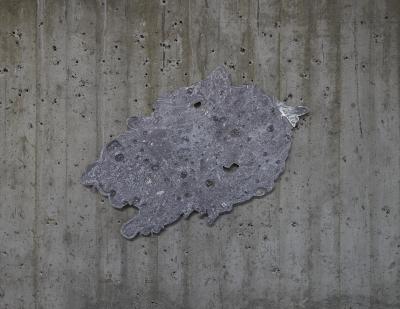
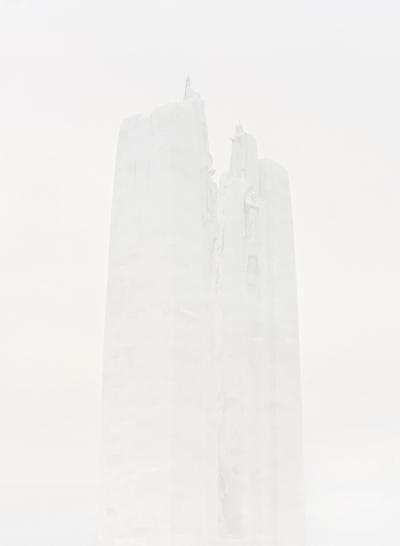
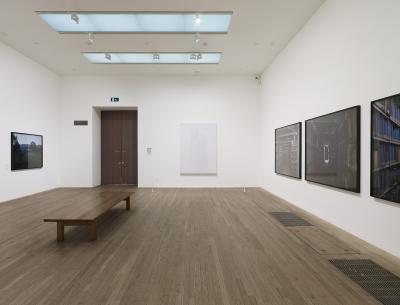
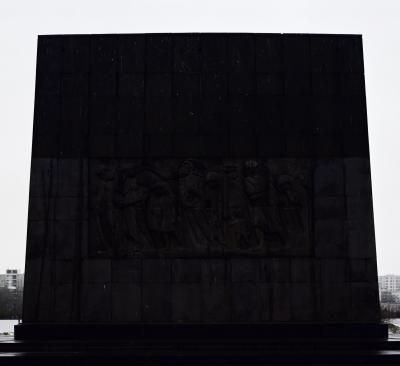
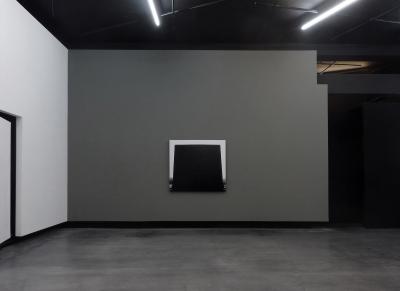
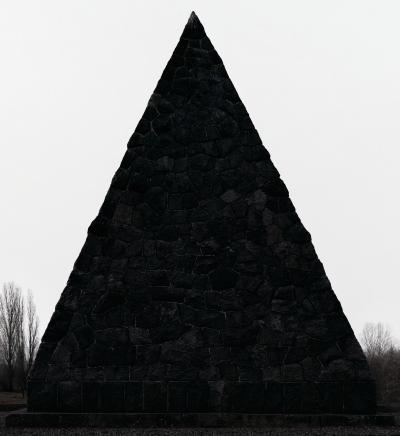
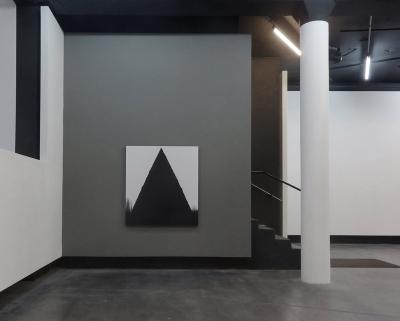
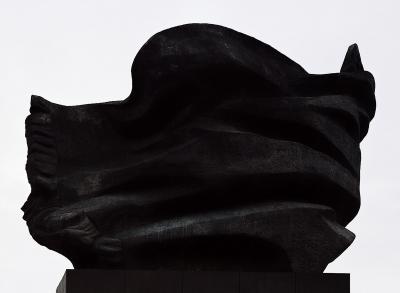
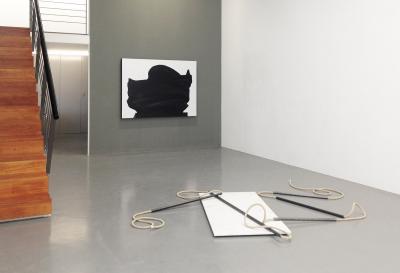
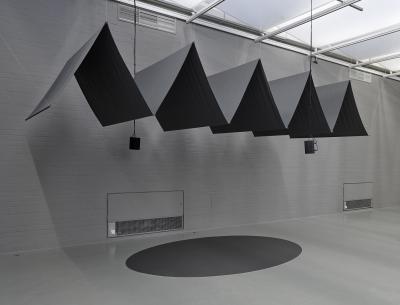
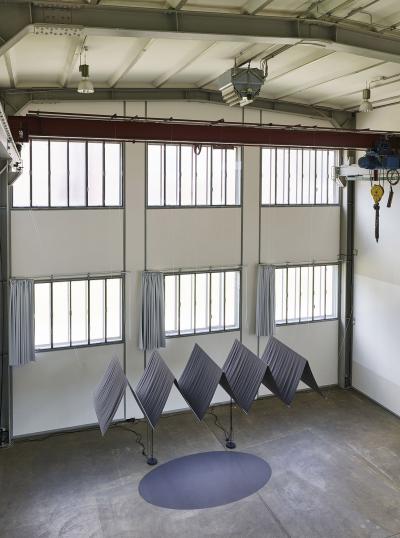
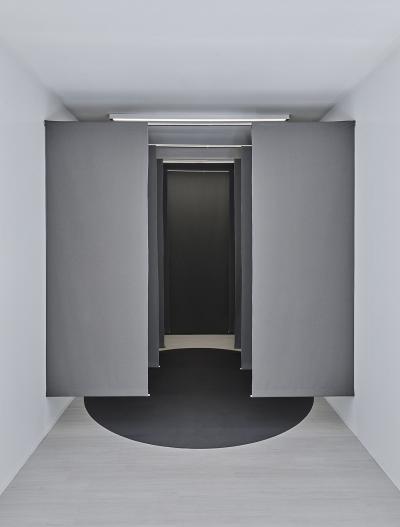
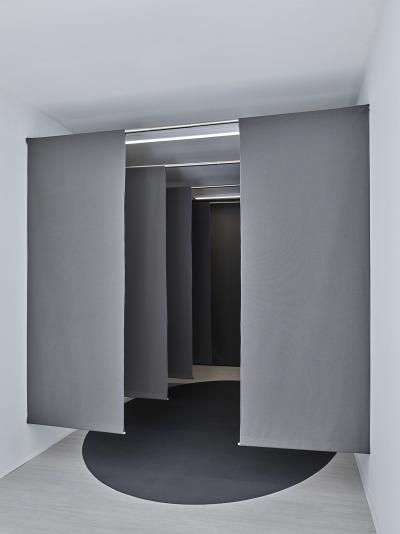
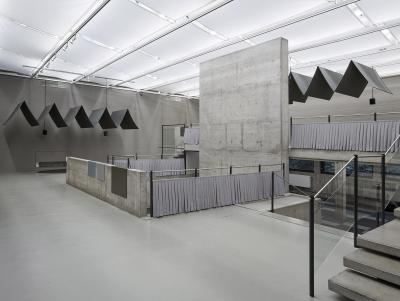
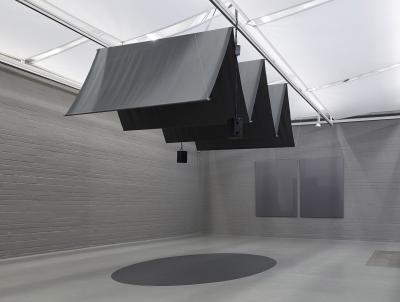
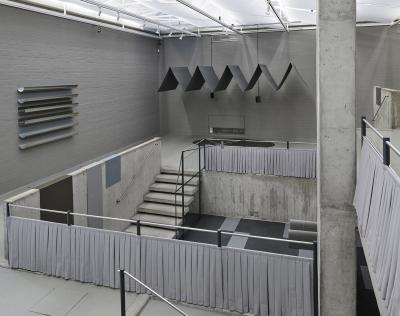
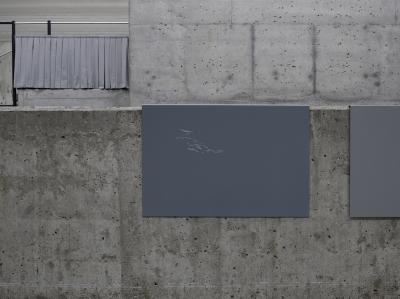
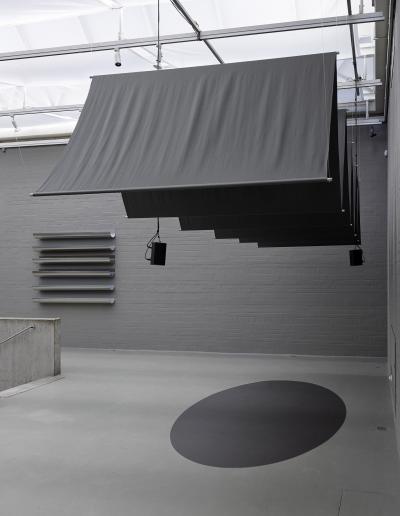
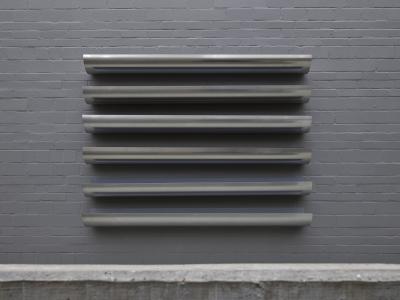
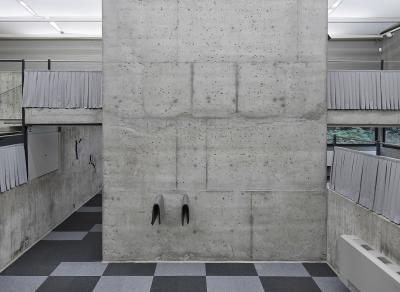
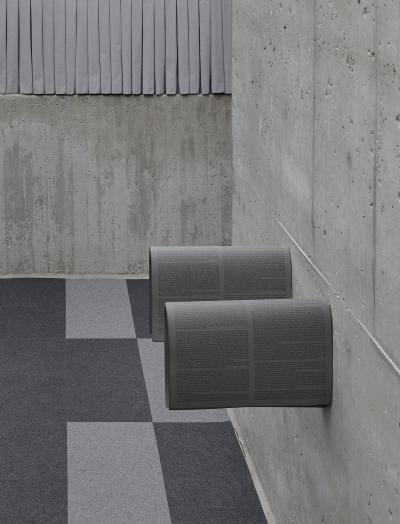
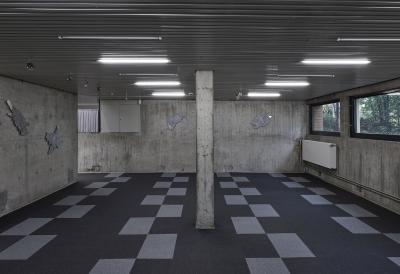
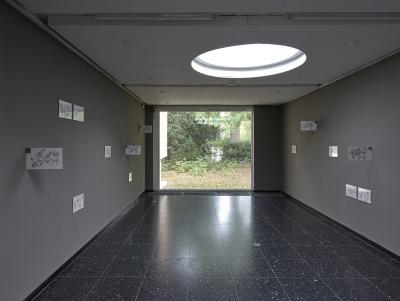
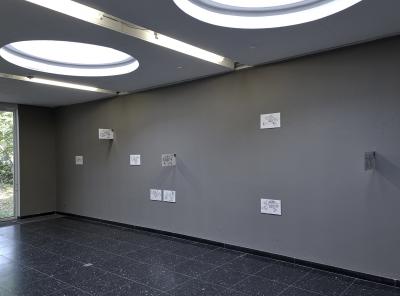
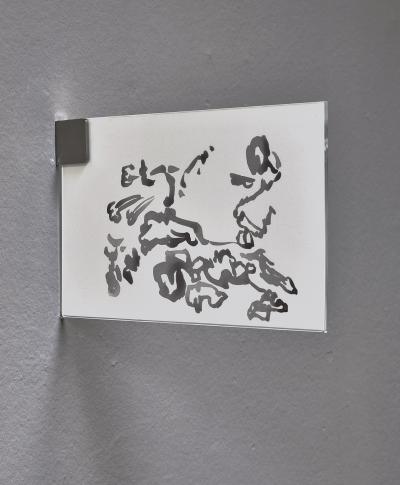
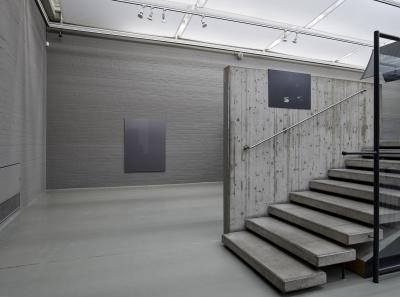
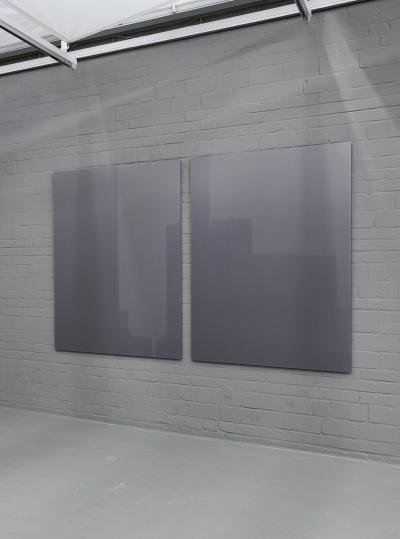
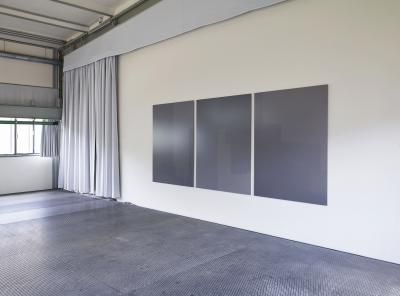

For Madejska, words mean a lot. Finding the right ones is not only part of proper research, something that contemporary artists are used to, but the actual work area. One could even say that her works are a consequence of words, which form the main building blocks of political space itself.
This close relationship between word and work is evident on several levels. Firstly, in the titles themselves – they are either descriptive, lengthy, as if preparing a melody or rhythm for the spectator, e.g. Near Here, Not Here, Come Here, Over Here, Right Here, Here We Are (2017), or short, dry, as if measured off with meticulous precision, e.g. 25-36 (2010), 46-48 (2010), 81-86 (2010), 1906 (2012), which are references to the dates when particular monumental structures were built. The titles are like an introduction, setting a tone for the works’ reception, sometimes, like the first one above, providing momentum themselves, at other times showing time itself – its impact.
Another level of this connection is how the artist employs the means available to work with words. To observe how they shed the redundant articles, complements, momentary details. The work Mistakes Were Made (2018), where politicians’ speeches, sans the factography, are recited by professional voice actors, is an example of this practice.
Madejska manages to touch upon something unobvious here. The recordings are of State of the Union speeches and similar addresses. Through “surgical” procedures, by editing and redacting, the artist turns them into admissions of weakness, declarations of love, reflections on community. On the semantic level, these touching monologues are a kind of secular confession addressed at a loved one. In times of post-truth, one could hardly think of a more significant gesture imbuing words with emotions and values that accompany relationships of familial and romantic love.
Simultaneously with this “ballasting” of words, their political undertone bears the marks of universality and a reference to the mythical roots of the contract between the state and its citizens. Madejska recovers a word-based community from the recesses of shattered history, investing it with a new, emotional quality.
In Mistakes Were Made, this mythological community is something rough and very soft at the same time. The apparent contradiction stems from the fact of these being confessions, which, after all, are admissions of failure, sin, and weakness, made by people who are supposed to take helm and provide leadership.
Such a tender treatment of community is like a reappraisal of the Hobbesian social contract, the main purpose of which is survival under the sovereign power of the Leviathan. In Mistakes Were Made, survival however seems to be an insufficient condition for the contract to be kept. Experienced by the spectator in the intimate space of a black tent, the moment of the admission of failure is like a promise of its rewriting to include a new postulate – investing society with agency on the same terms on which two persons can talk to each other in a committed relationship.
Agata Madejska construes politicalness first and foremost as a dynamic of human activities. It is politicalness that organizes the space of human life. The tensions and bulges of this space, which can be different in terms of organization, but its undersoil, its building material is always the same, will continue until history ends, as Fukuyama wanted to believe until recently. The artist seeks to bring out these special moments of the ocean’s activity on particular examples from the past. It is in it that she finds images, genre scenes, as it were, that allow us to better feel the power of politicalness even if not necessarily to better understand it.
Such a scene from the past is the 1918 sailors’ mutiny in Kiel, which triggered the German revolution. On the centenary of the event, in Wilhelmshaven, where the first protests erupted, Agata Madejska staged the exhibition Modified Limited Hangout.
It is the artist’s largest solo show to date, bringing together many of her practiced procedures and extraction methods. At the same time, due to its very size, the sum total of the gestures has been multiplied, yielding a dense, anxiety-streaked atmosphere. It is a psychological thriller without an obvious protagonist rather than a historical epic peopled by familiar characters. As usual, Madejska has cleared the scene of decorations, figurativeness, and simple indexation. And perhaps that’s why in the dominant greyness we won’t find the idea of the past as a simple collection of facts comprising an explanation of the mutiny – an act of resistance, of refusal to obey the Leviathan. What remains here is an energy, a tension between the awareness of the facts that the spectators bring with them to the show and the here-and-now burden of a fragmented world.
As in the earlier Tender Offer, which had a creeping Brexit as its background, so here a historical revolt seems like a kind of matrix for something new that is yet to emerge. On various levels, using previously tested tools, Madejska attempts to delineate its blurry contours. In this matrix can be found all the contemporary anxieties – populisms, post-truth, surveillance technology, growing social disparities and mistrust in institutions, atrophy of social life and so on.
That’s why the show at the Kunsthalle Wilhelmshaven features Mistakes Were Made as well as a new work, inspired by the Crystal Chain (“Gläserne Kette”), a chain letter initiated in 1919 by Bruno Taut to share views with other visionary architects on the kind of architecture that could emerge after the November Revolution. Madejska revives this utopian dialogue in the work Where Should We Turn to In Order to Arrive Where Exactly? (2018), which is the transcript of a debate between Nina Franz, Rebecca Ladewig, and Eva Wilson. The work is yet another example of the artist’s preoccupation with the word, with processes of searching for the new, of seeking consensus and support for premonitions in verbal exchanges.





















































































